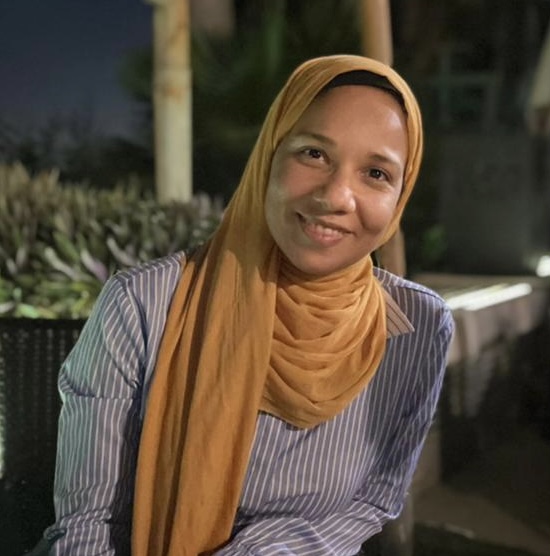Panel Chair: Edith Muleiro
How can translators, interpreters, and language activists develop sustainable models to meet the needs of people who need language services, especially in humanitarian and crisis contexts?
How can the profession include people who don’t have access to higher education, certification, and traditional paths of professional development?
What degree of exclusivity is appropriate in a discipline whose raison d’être is linguistic inclusion?
Although at least 4.5 billion people around the world speak two or more languages, the Translators Association of China estimates that only 640,000 of them work as translators. Translation is one of the fastest-growing industries. Yet many people who would make phenomenal translators and interpreters face administrative, educational, and resource barriers which bar them from doing so.
At the same time, for many refugees, asylum seekers and other linguistically vulnerable people it can be next to impossible to access appropriate translation services. Even within more common language pairs like Spanish<>English, the lack of recognition of linguistic diversity and comprehensive training often leads to faulty translation. And these risks are especially great for less dominant languages like certain Indigenous and endangered languages.
These administrative barriers combined with a lack of appropriate translation services for linguistically vulnerable people mean that the massive demand for humanitarian translation services goes unmet.
And the stakes are life and death.
Drawing on their research and professional experiences, the panelists will consider the state of humanitarian translation in several contexts, including Argentina, Spain, and the United States. They will reflect on language violence and exclusion in each of these contexts, highlighting the devastating consequences of that exclusion. Without language services, people cannot access resources, information, and life-saving protections.
Panelists will then discuss frameworks for developing inclusive responses to that violence, considering how pro bono interpretation, alternative paths to certification, and community-led solutions can help meet the need for interpreters and translators. Participants will highlight the importance of quality control and training and discuss how to balance those concerns with the need for maximum inclusion. Finally, participants will reflect on their own initiatives to equip more translators outside of traditional pathways and share lessons learned in those contexts.
Panelists
Edith Muleiro is the Social Services Coordinator at Kifkif, a non-profit organization that promotes the rights of migrant and refugee LGBTI+ people in Spain. She has a Bachelor of Arts from the University of Texas at Austin and is studying forced migration at the Universidad Complutense de Madrid. Her undergraduate thesis investigated systemic issues with access to interpreters in immigration courts in the United States. She has experience interpreting between English, Spanish, and Arabic.
Romina Galloso Sabat is the Spanish Team Lead at Respond Crisis Translation. Respond is a collective of language activists providing compassionate, effective, and trauma-informed interpretation and translation services for migrants, refugees, and anyone experiencing language barriers. Romina focuses on language quality management, as well as in the design, development, and implementation of education and training programs for translators and interpreters. She is studying translation and interpretation at the Universidad de Belgrano in Argentina. She was the recipient of the 2021 Pro Bono Week Award for the American Bar Association Commission on Immigration, in recognition of the language services she provided to the South Texas Asylum Representation Project (ProBAR).
Katie Becker has worked for several years in pro bono immigrant legal services in North Carolina. At the University of North Carolina School of Law, she trained and managed a team of volunteer interpreters who assisted clients and student-attorneys with asylum cases. She has a bachelor’s degree from Duke University and a master’s from Queen’s University Belfast. She was the recipient of the Hillary Rodham Clinton Award for Peace and Reconciliation from Queen’s University Belfast. Her research focuses on linguistic violence against Indigenous-language speakers seeking asylum in the United States.
[1] https://www.bbc.com/future/article/20160811-the-amazing-benefits-of-being-bilingual
[2] https://www.translatemedia.com/careers/how-to-become-a-translator/the-translation-industry/
[3] https://www.bls.gov/ooh/media-and-communication/interpreters-and-translators.htm

